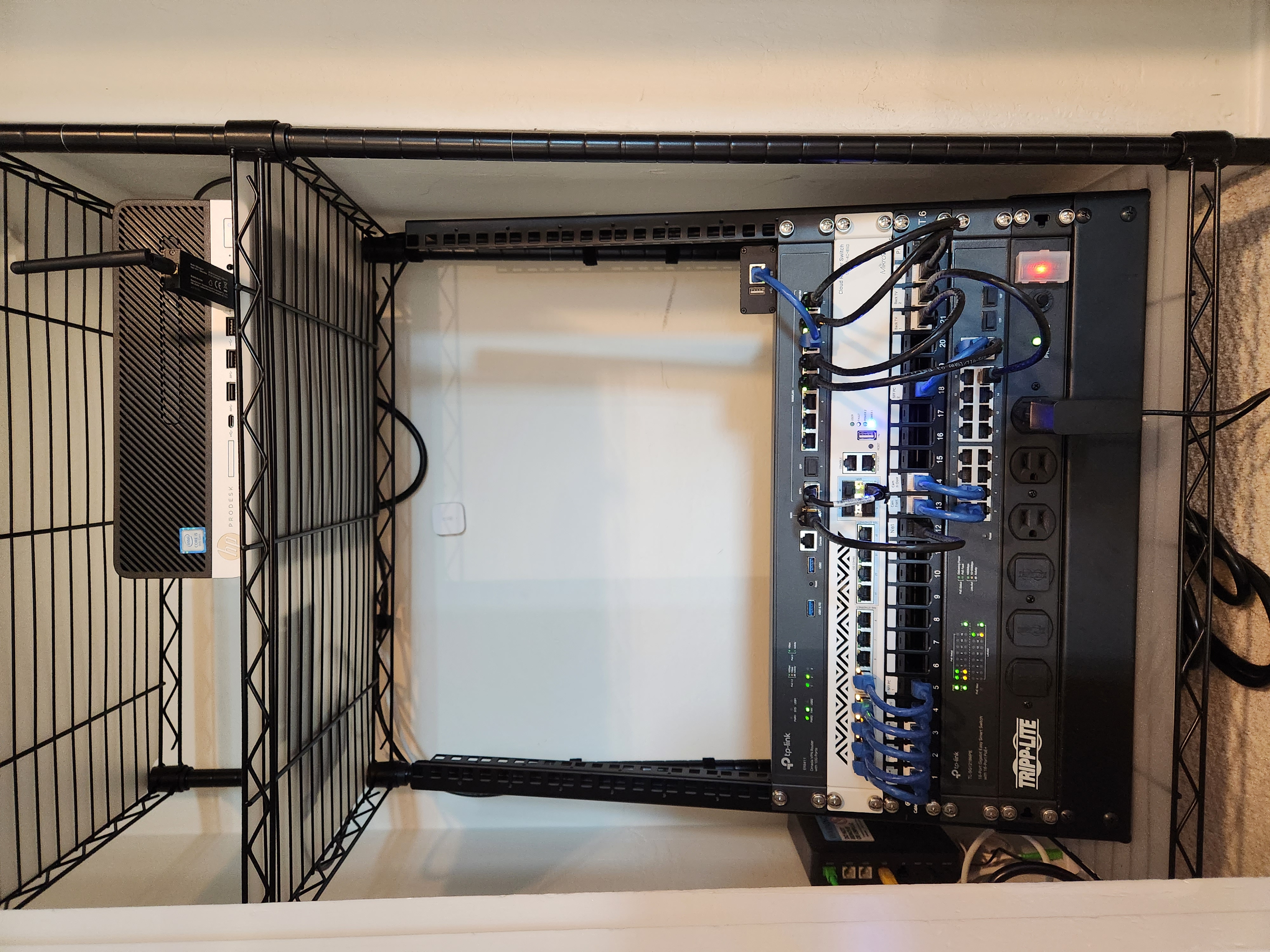Friendica and GNU Social/StatusNet date back to 2010. That's nearly 15 years ago. Diaspora is also from around the same era, which IIRC was aiming to be something more like a decentralized Facebook (with groups and stuff) rather than just status updates like Twitter.
dan
I don't think I know enough to answer that question, sorry!
They use a mixture of Windows and Linux. They do use Linux quite a bit, but they also have a lot of Hyper-V servers.
The GUI is optional these days, and there's plenty of Windows servers that don't use it. The recommended administration approach these days is PowerShell remoting, often over SSH now that Windows has a native SSH server bundled (based on OpenSSH).
Linux isn't a UNIX flavor. It's UNIX-like.
Microsoft could technically get Windows certified as UNIX.
I don't think they could now that the POSIX subsystem and Windows Services for UNIX are both gone. Don't you need at least some level of POSIX compliance (at least the parts where POSIX and Unix standards overlap) to get Unix certified?
Sounds like you did a thorough job as a QA tester. As a software engineer, I love to see it.
I used to make calls through MSN Messenger and it was a much better experience than Skype. Skype always seemed lower quality.
AI makes it different because this is likely dynamically synthesized speech that sounds real. Previous TTS engines wouldn't have sounded real enough to be believable.
A phone company built this? Based.
Lenny isn't AI; it's just a collection of prerecorded messages.



And then let me guess... Of course the QA testers get the blame, when in reality it's either management or marketing that wanted to pushe the app out.